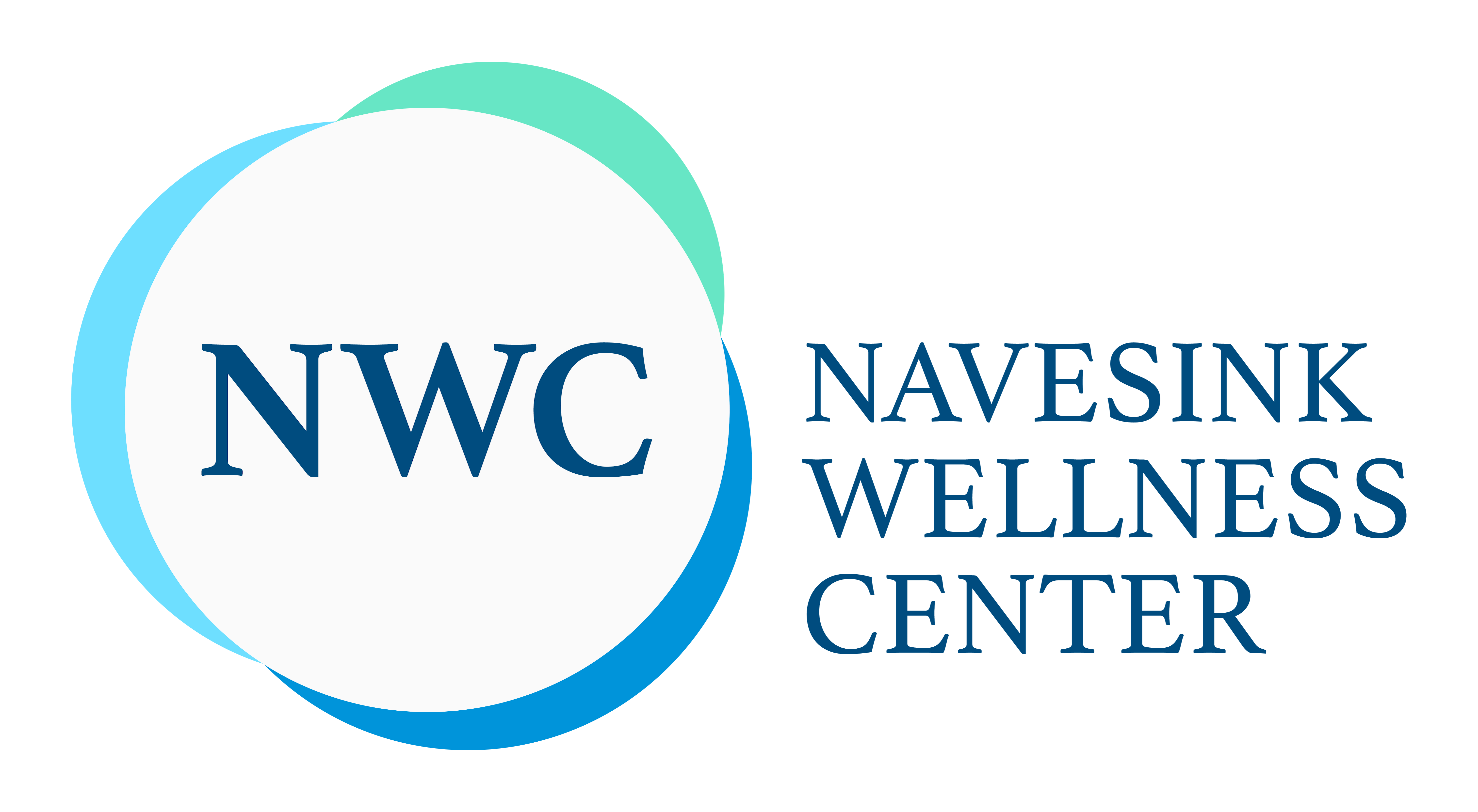Strengthening our own emotional wellbeing involves becoming more aware of ourselves and our own internal process. The concept of self-care can be daunting for women. We crave self-care, but the romanticized version seems to demand that we remove ourselves from our families and daily responsibilities first.
Chances are, for any woman who resides in a typical household, most of the domestic responsibilities still fall on you. Not to mention the endless list of personal, occupational, and volunteer roles operating outside of the home. Adding self-care to that list of responsibilities can almost feel disheartening, as if we are forcing ourselves to carve out alone time in an already overwhelming day. Herein lies the misconception behind the foundation of self-care.
The truth of the matter is that the most integral element of self-care is learning how to self-regulate.
Self-regulation is our ability to monitor and manage thoughts, emotions, and behaviors to better accept, understand and tolerate external stressors. Through self-regulation, we work to become better equipped to effectively tolerate adversity, strengthen our emotional intelligence, and create healthy boundaries with the outside world.
The idea of self-regulation can seem simple. But placing focus on our own emotional needs as we simultaneously navigate the demands of others, can be difficult for women. From a biological perspective, most women are innate caregivers. It is a natural response for females of all ages to be cognizant of the needs of those around us, and to assist in alleviating discomfort.
Psychologically speaking, the female brain is also wired to be acutely aware of how those around us respond. From infancy, females are better able to acknowledge and interpret nonverbal cues (facial expressions, physical movements) of those around us. It is through our interpretation of how others perceive us that we work to gain an understanding of ourselves and our place in this world. So naturally we are more inclined to seek external validation, looking for positive responses from others to affirm our own self-confidence, esteem and worth. As a result, much more of our attention inherently focuses on the emotional responses from others over our own.
How Do I Self Regulate?
The reality is that control lies within us to work on gaining a greater sense of awareness, compassion, and control over ourselves and our responses to the outside world. Throughout the day, stress tends to accumulate, whether or not we are consciously aware of its presence – and its effects can negatively impact us both physically and emotionally.
Common symptoms of dysregulation include physical exhaustion, irritability, sudden outbursts, intense mood swings, binge eating, frequent crying, difficulty sleeping, rigidity / perfectionistic tendencies, and impulsivity.
It can be easy to rationalize most of this behavior away by focusing attention on the external variables impacting our mood. From the moment you open your eyes in the morning, to the moment you close them at night, your day may feel like it has complete control over you.
Here are some self-regulation tips that can help you regain that control:
-
Recognize: Throughout the day it is important to make sure to do “self-check-ins.” These can occur during times of transition, or at set times throughout the day. Through recognition, you are simply identifying whether there is anything that may be negatively impacting you in that moment. For many, simply rating your mood on a scale from 1-10 at moments throughout the day can help you to become more aware of the sensations associated with certain emotions. As a result, you can become better equipped in proactively addressing adverse emotions once you feel them coming on.
-
Reflect: Once you identify that something may be amiss, the next step is to take a moment and reflect on what exactly may be impacting you. Allow the opportunity to ask yourself the reasons that you rated your emotions in the way that you did. Are you harboring feelings about an event that already occurred? Or possibly anticipating a future interaction? Through this reflection, you have an ability to gain a better awareness of yourself and the impact that certain experiences have on your psyche.
-
Release: It feels extremely empowering to be able to identify and label what is causing an internal dysregulation. Now that it is in conscious awareness however, it is important to find a moment to release the hold that this negativity has on you. Whether that is simply taking a deep breath, walking into another room or writing things down in a journal, the goal is to simply let it go.
-
Restore: Now that you have had a moment to reset, the goal moving forward is to focus your attention on the present moment – what around you right now elicits feelings of happiness, gratitude and peace? Through this practice, you strengthen the mind’s ability to focus with intention on what is occurring around you, as you refuel your mind with healing thoughts of positivity.
Self-care is essential to maintaining one’s emotional and physical health. We may not always have control of what our days entail, but we can gain control of how those events impact us.




